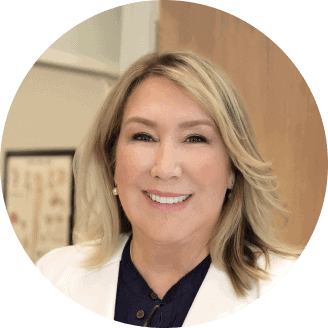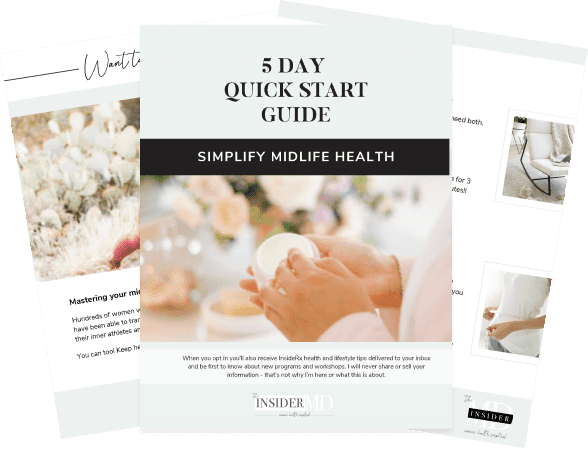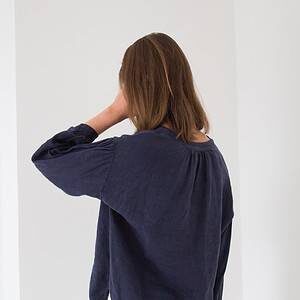
Vitamins for Menopause Fatigue: What Does the Science Say?
Around menopause, many women complain of fatigue which can be very frustrating, and sometimes interfere with daily activities. In this post, we’ll talk about why fatigue happens and what vitamins may help you to optimize your health during menopause and how you can feel rested and energetic again.
What Causes Menopause Fatigue?
The reasons for fatigue during the menopause transition are multifactorial and complex. Menopause tiredness occurs, in large part, because of sleep problems. Around 60% of women transitioning into menopause complain of trouble falling or staying asleep. Snoring and sleep apnea also become more severe and more common. Hormones aren’t solely to blame, but menopause-related night sweats are a significant culprit for 45% of women because they disrupt sleep. This, in turn, causes daytime fatigue which can become chronic.
Do Vitamins Help Combat Menopause Fatigue?
There are no specific studies looking at whether taking vitamins addresses menopause fatigue.
Do Vitamins Provide Health Benefits?
Research shows that the benefits of multivitamins are uncertain. The Women’s Health Initiative study and several follow up studies found that postmenopausal women who took multivitamins were just as likely to develop cardiovascular disease or cancers of the lung, colon and rectum, breast, and endometrium as those who did not take them.
Researchers also found little or no evidence of health protection from taking individual vitamin supplements, including vitamin E, vitamin C, beta carotene, and the B vitamin mix — B6, B12, and folic acid.
Experts agree that it’s best to get the nutrients you need through nutrient dense foods rather than relying on vitamins and supplements because there is likely a synergistic interaction of the nutrients — which might also explain why trials of single vitamin supplements often showed no health benefit.
Calcium and Vitamin D are Essential to Preserve Bone Density
That said, don’t give up all supplements. Women do need to get enough calcium and vitamin D to preserve bone density but it’s often challenging to do. Even with the healthiest diet and lifestyle, many women do not get the recommended 1,200 mg of calcium. It’s possible to get enough Vitamin D through diet and sun exposure, but most women don’t and so health experts now recommend taking supplements—especially during winter months, if you live in the northern United States, if you always wear sunblock, and/or you don’t spend much time outdoors. Be aware that too much calcium or vitamin D can cause kidney stones, constipation, or abdominal pain, especially if you have kidney problems, so check with your doctor first.
Iron Supplements are Typically Not Recommended for Post Menopausal Women
Many postmenopausal women develop anemia. There are many causes , but iron deficiency is often the reason and a diet poor in iron is frequently the cause. Therefore, it may seem obvious that taking an iron supplement would be a reasonable solution. But it’s not that simple.
Research has shown that using an iron supplement does not decrease the risk of anemia in postmenopausal women. The best way to get enough iron is to eat a well-balanced diet that includes iron-rich foods — such as meat, dark leafy greens such as spinach, beans, iron-fortified cereals and dried fruit. That’s because your body absorbs and processes iron from food more effectively than the iron found in supplements.
Also, postmenopausal women may experience iron overload if they take too much iron. The signs and symptoms of iron overload are often nonspecific and very subtle, including joint pain, fatigue and abdominal pain, making them difficult to recognize.
Vitamins for Menopause Fatigue: Final Thoughts
- There is no specific scientific evidence that any vitamin supplement will help with menopause fatigue.
- Research shows that the benefits of multivitamins are uncertain.
- Strive to get the nutrients you need through nutrient dense foods rather than relying on vitamins and supplements.
- Calcium and Vitamin D are essential to bone health. Most women do not get enough through diet alone, so most doctors recommend taking supplements.
- The majority of postmenopausal women who are healthy and eat an iron-rich diet should avoid taking iron supplements. It’s important for postmenopausal women to go for their checkups regularly to make sure they are healthy. It’s best not to take iron supplements unless you need them for a medical condition.

MEET DR. ELLEN
My mission is to bring you the most up-to-date, proven medical information, simplified, so you can make confident, educated decisions about your health.
I'M LOOKING FOR...
grab your 5 day
quick start guide



